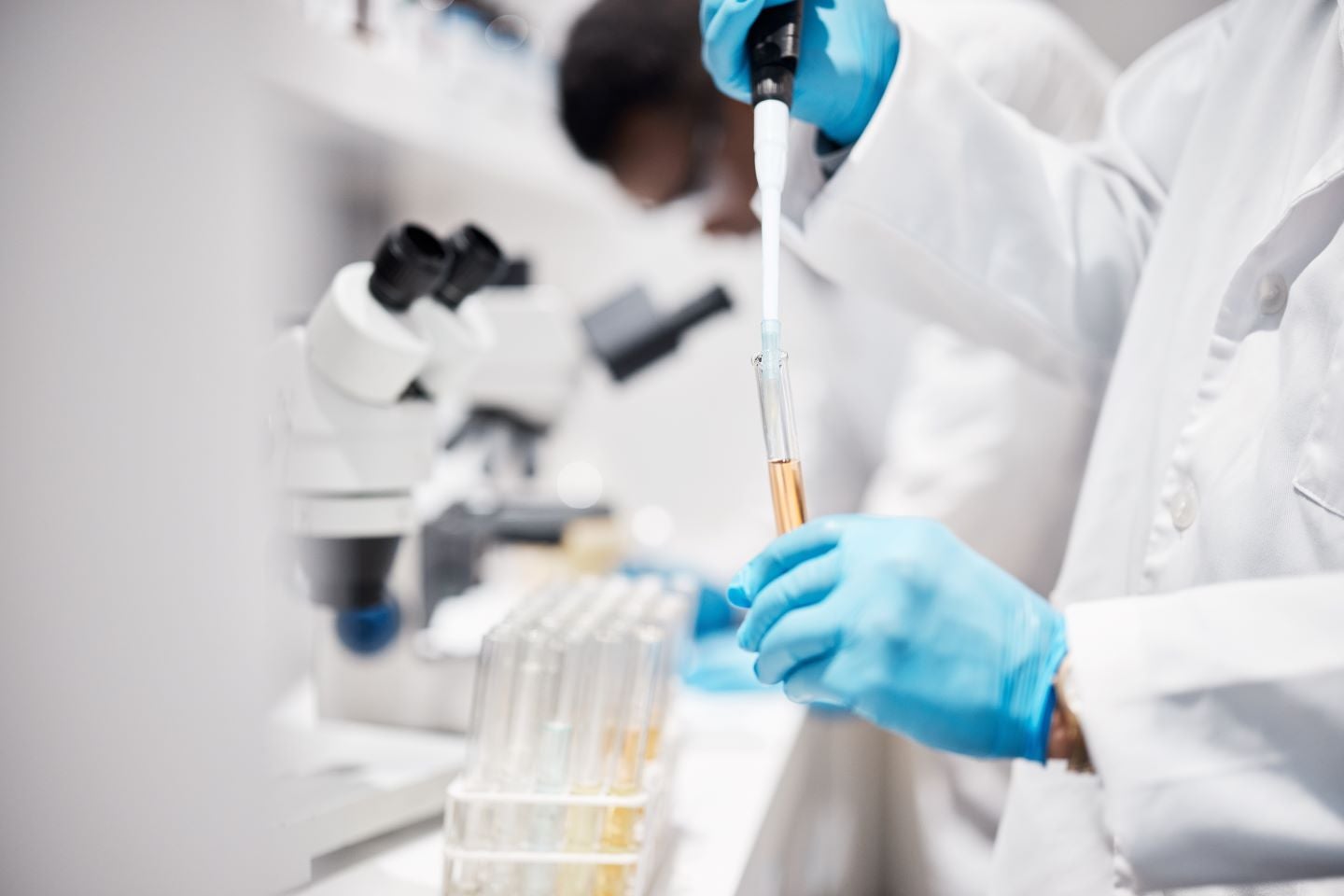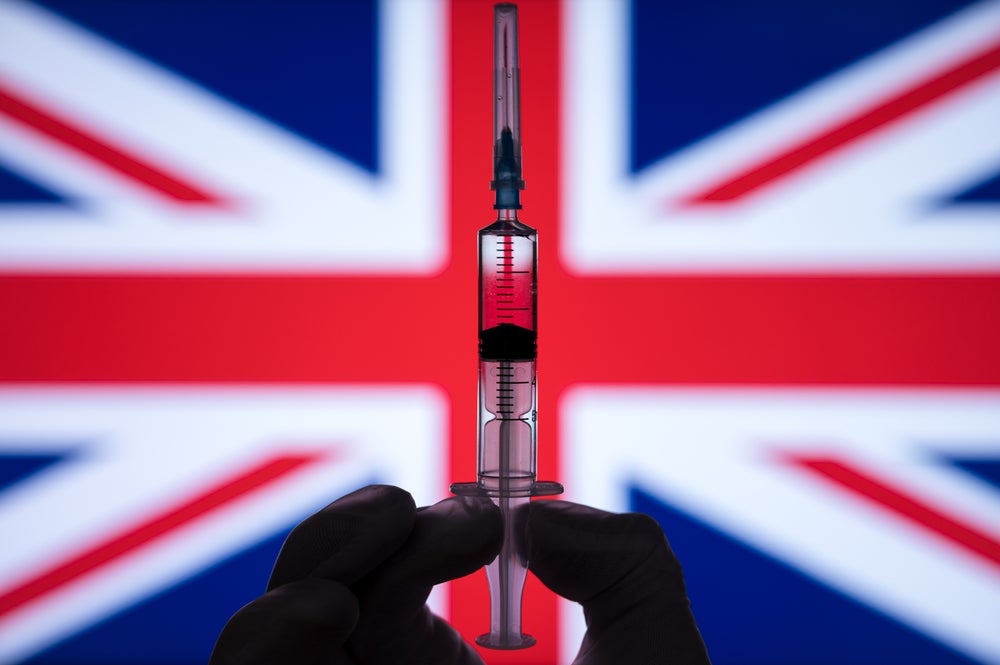Trump’s Proposed Pharmaceutical Tariffs May Potentially Drive Up Prices and Deepen Drug Shortages
The U.S. may soon impose significant tariffs on pharmaceutical imports, according to President Donald Trump. At a recent National Republican Congressional Committee event, Trump said the initiative is intended to encourage the return of drug manufacturing to the United States. He also expressed concern over the comparatively lower drug prices in other countries. However, the […]

The U.S. may soon impose significant tariffs on pharmaceutical imports, according to President Donald Trump. At a recent National Republican Congressional Committee event, Trump said the initiative is intended to encourage the return of drug manufacturing to the United States. He also expressed concern over the comparatively lower drug prices in other countries. However, the proposed move has drawn scrutiny from patient advocates and supply chain analysts, who caution it may lead to higher medicine prices and aggravate current drug shortages.
Although Trump did not disclose specific tariff rates or timelines, the proposal follows an earlier announcement on April 2, in which pharmaceuticals were notably exempt. Medicines had also been excluded from tariffs during his first term. Trump emphasized that the U.S.’s limited capacity to produce essential antibiotics represents a critical issue, though experts argue tariffs may worsen this problem in the short term.
Generic drugs, which comprise approximately 90% of all prescriptions in the U.S., could be particularly affected. Many of these rely on ingredients sourced from China and India. According to Tom Kraus of the American Society of Health-System Pharmacists, the low profit margins on generics make them vulnerable to even small increases in production costs. A rise in prices for ingredients, he warns, could lead some manufacturers to halt production.
Drug shortages are already a growing concern. Data from the end of 2024 showed that 40 antibiotics were in short supply, including common treatments like amoxicillin and Bicillin. Sterile injectables used in hospitals, such as IV saline, dextrose, and chemotherapy agents, are also at risk, with shortages persisting due to production challenges and economic pressures.
Erin Fox, a drug shortage expert from the University of Utah Health, indicated that increased costs could prompt companies to exit the market, further weakening the pharmaceutical supply chain. Rena Conti of Boston University added that many generic drugs have only one or two ingredient suppliers, leaving the system highly susceptible to disruption.
The impact on branded drugs, which are typically more expensive and under patent protection, may be different. Financial analyst David Maris noted that while the cost of active ingredients in branded medications is relatively low, companies are still likely to pass on increased costs to consumers. This could result in higher insurance premiums and out-of-pocket expenses.
Group purchasing agreements, which lock in hospital drug prices for years at a time, may limit immediate price increases for some generics, according to Dr. Marta Wosińska of the Brookings Institution. However, these contracts do not guarantee supply, potentially leaving hospitals with limited access to critical medications.
Some industry observers, including Merith Basey of Patients for Affordable Drugs, argue that tariffs may worsen the already high drug prices in the U.S. Others, such as Umer Raffat of Evercore ISI, warn that price hikes could reignite political efforts to cap domestic drug prices using international benchmarks.
Despite the stated goal of encouraging domestic drug production, many experts remain skeptical about the effectiveness of tariffs in achieving that aim. Pharmaceutical supply chains are complex, and shifting manufacturing to the U.S. is a multi-year process. While companies like Eli Lilly have recently announced substantial investments in U.S.-based facilities, those projects are not expected to be operational for several years.
The industry is awaiting a potential Section 232 investigation by the U.S. Department of Commerce, which could enable tariffs based on national security considerations. However, some experts argue that broader systemic changes—including increased reimbursements and policy incentives—would be more effective in reshoring pharmaceutical manufacturing.
What's Your Reaction?


































